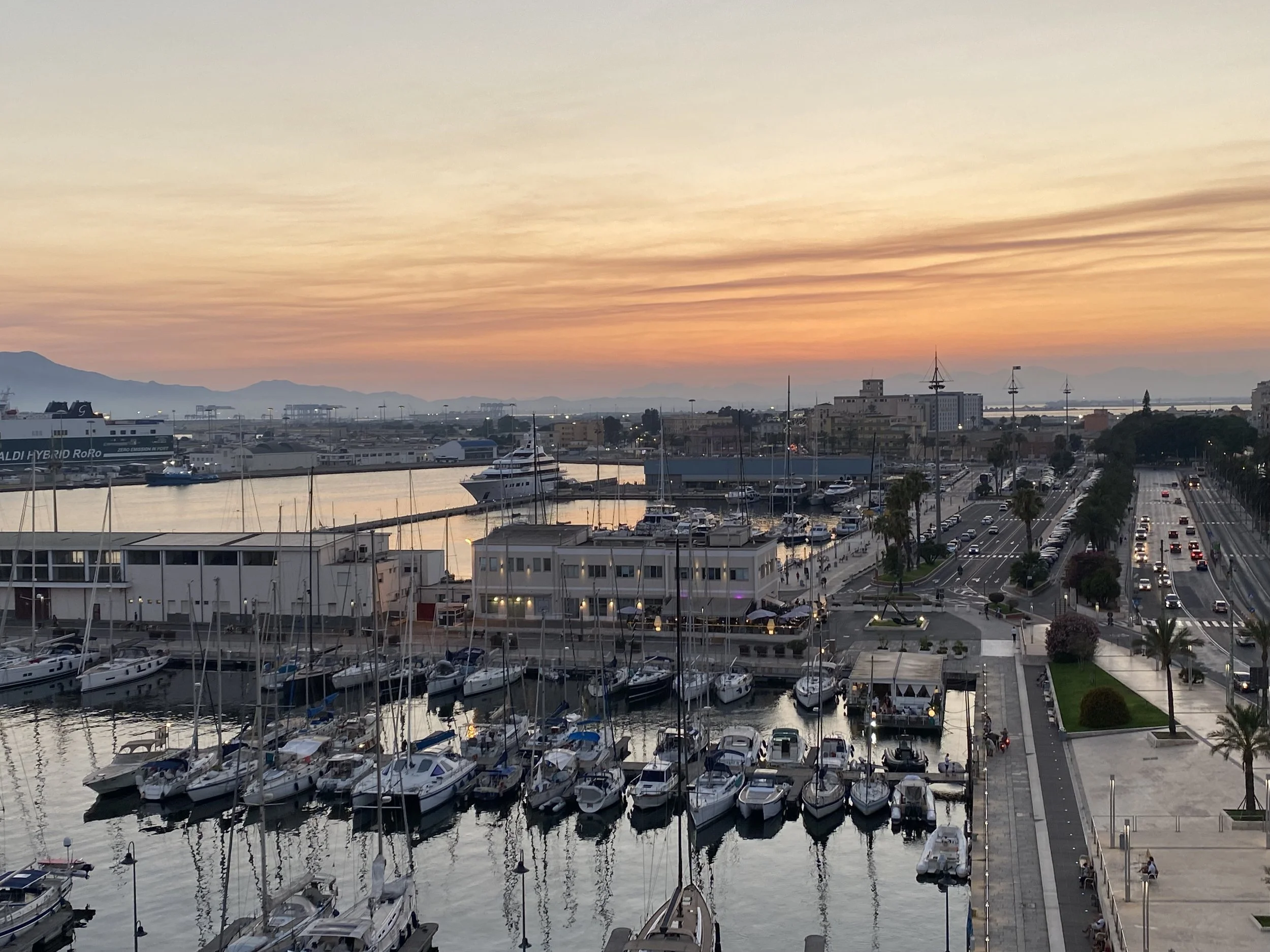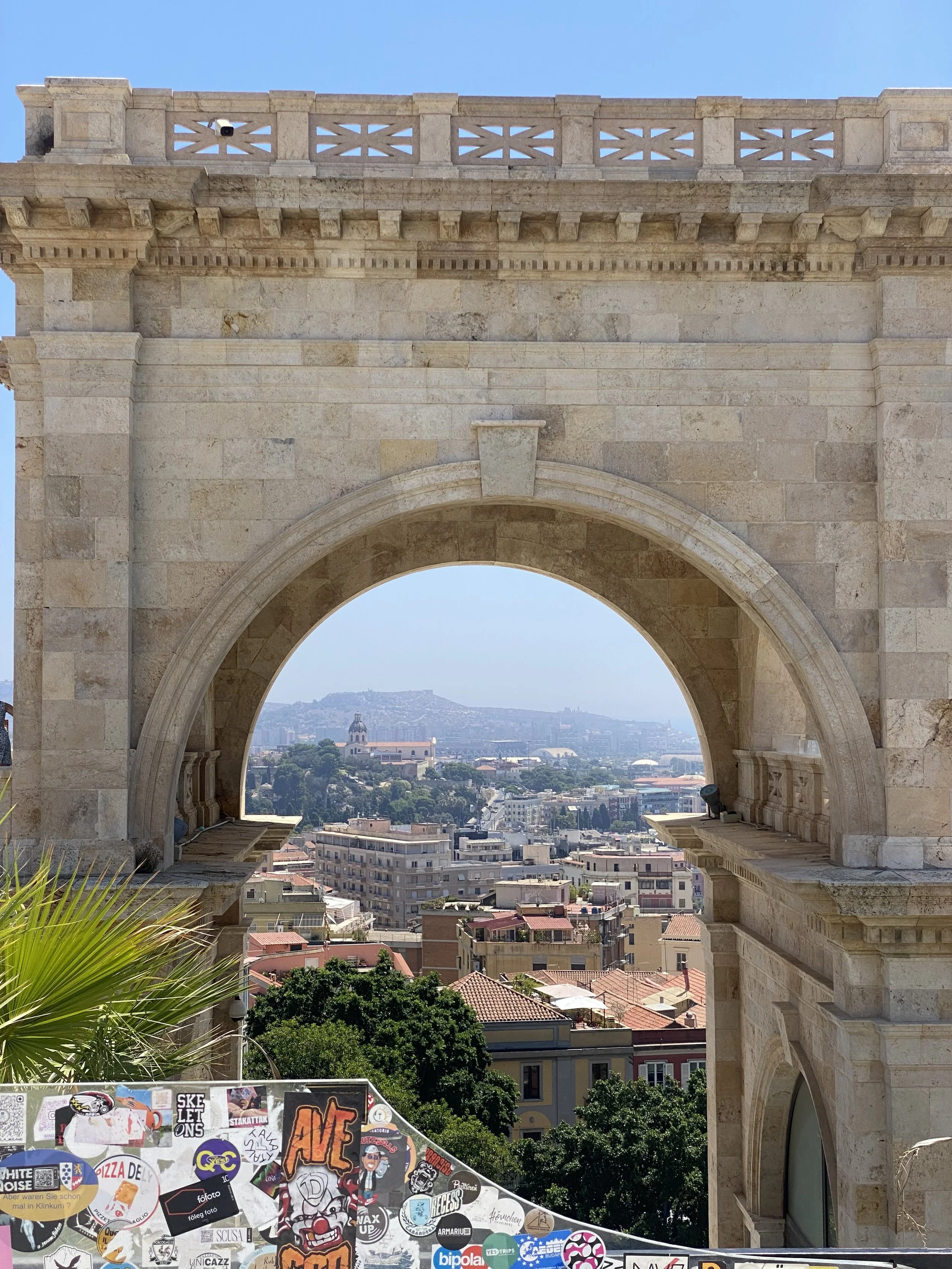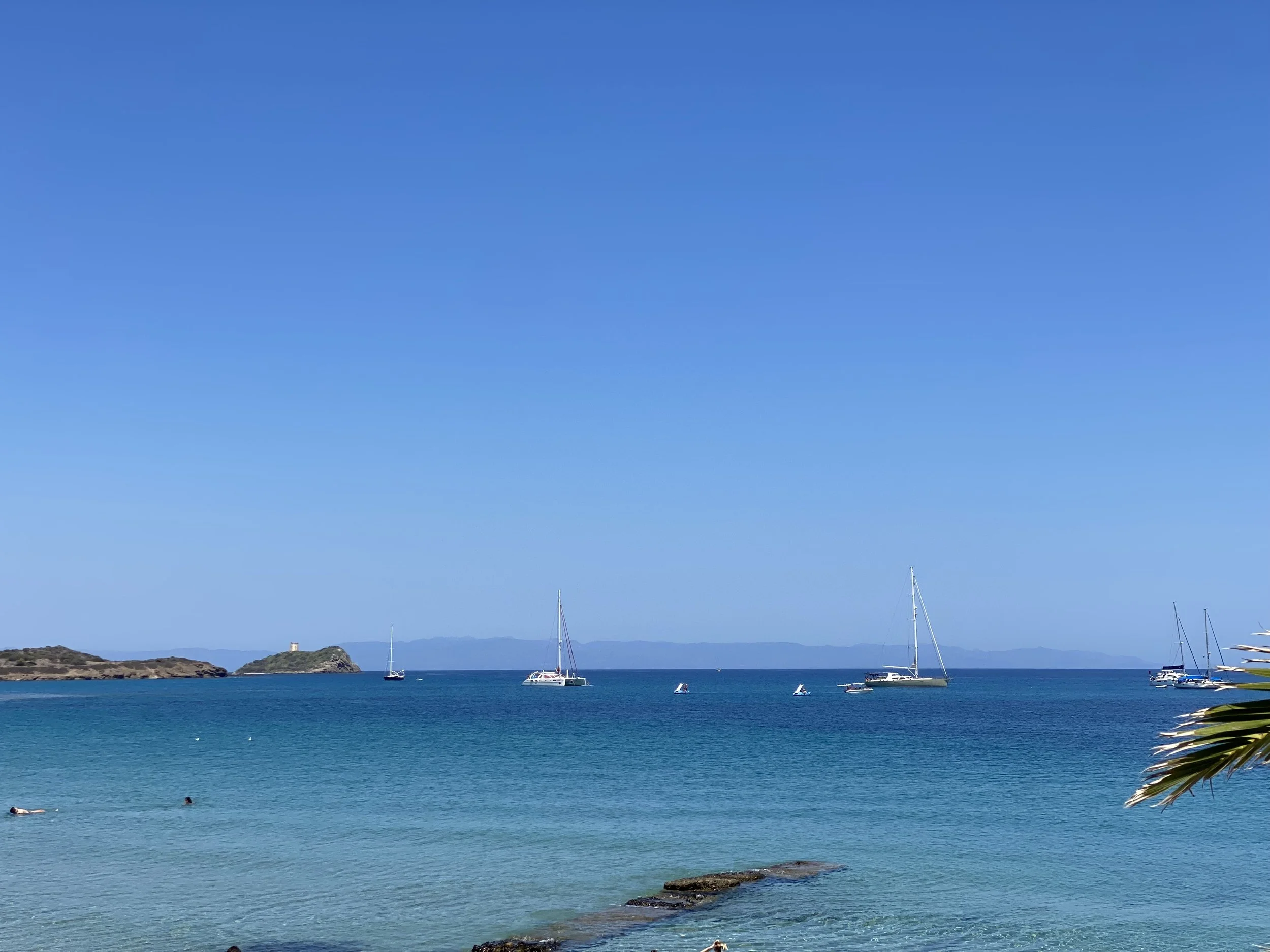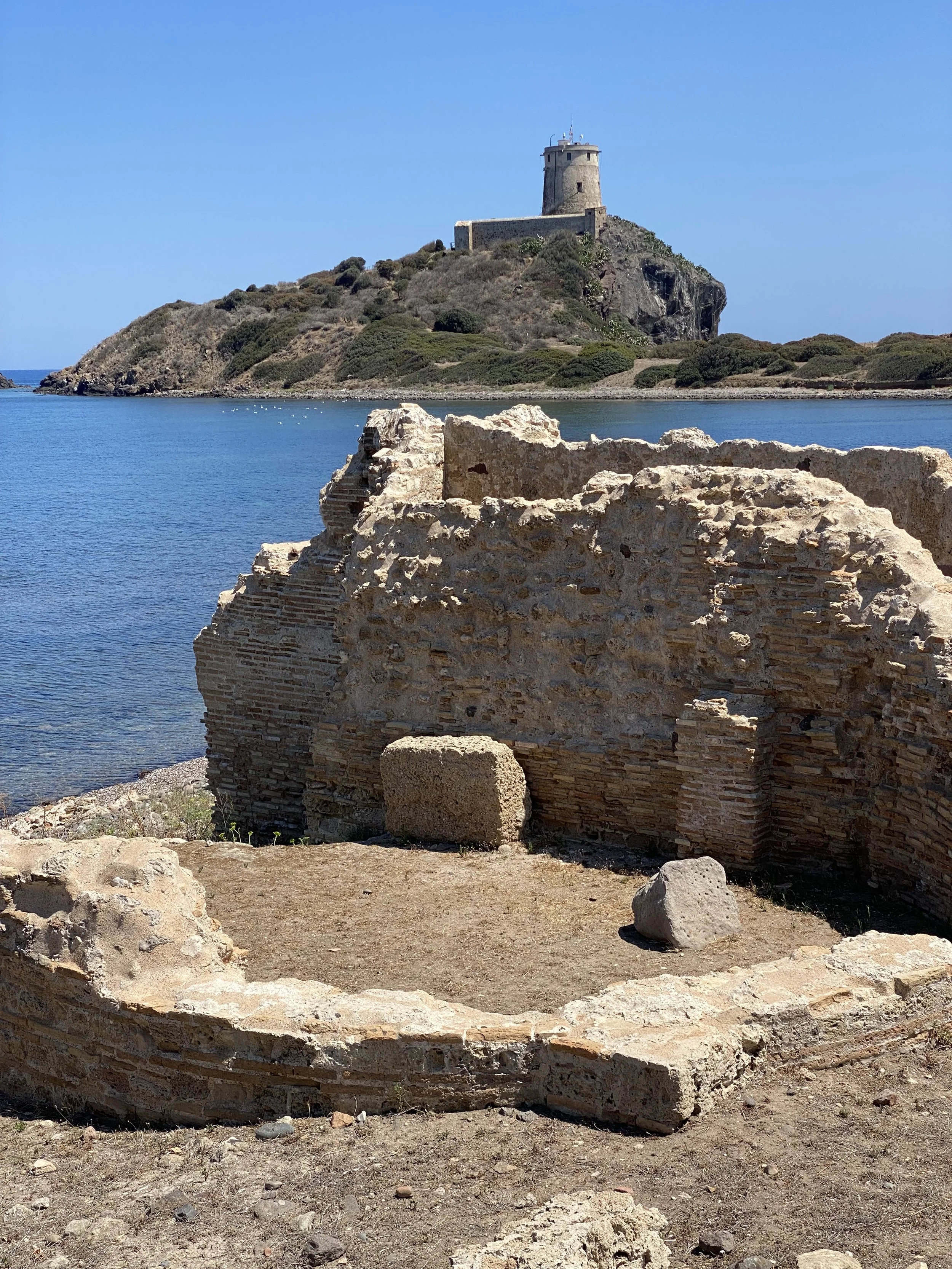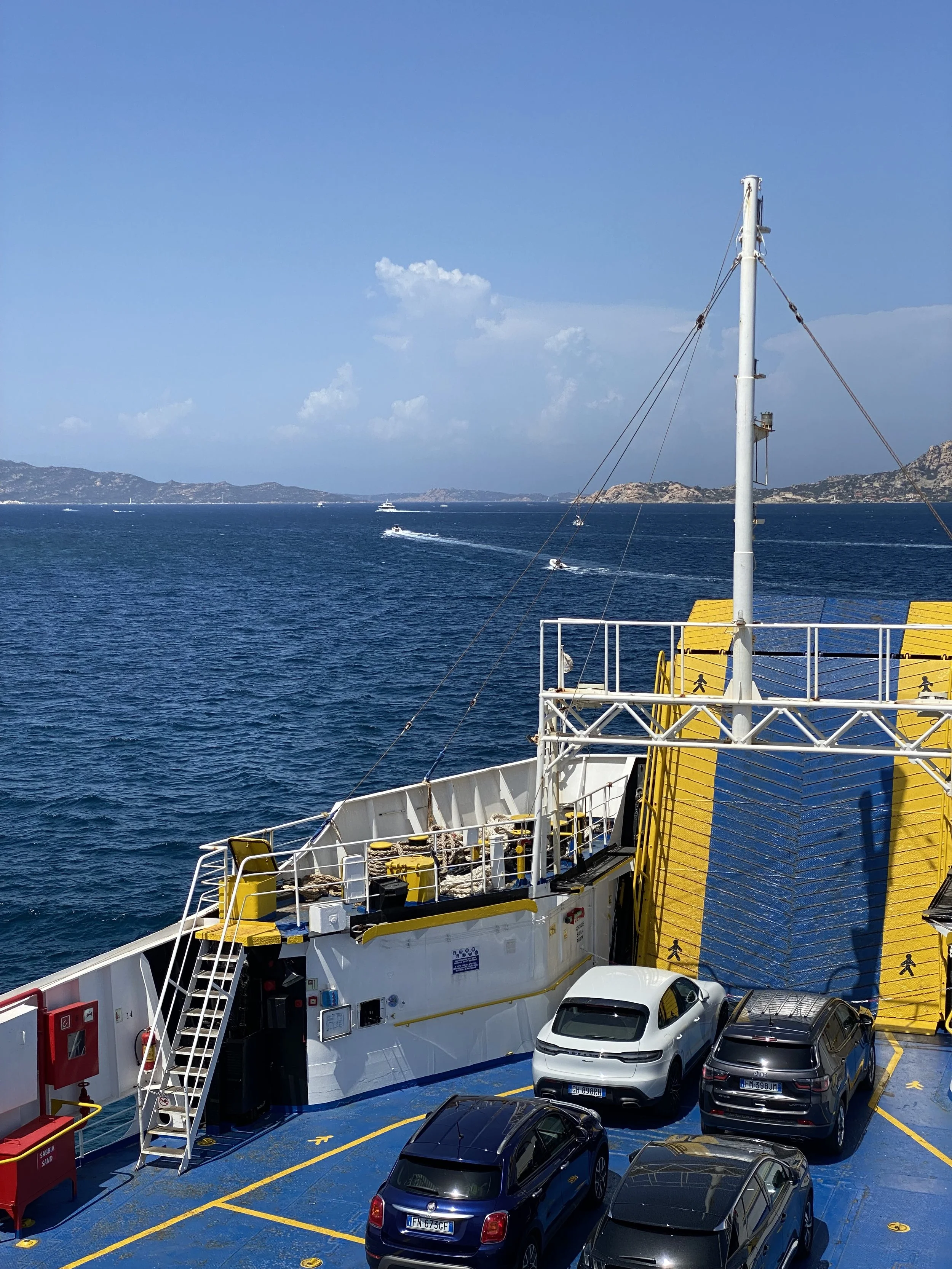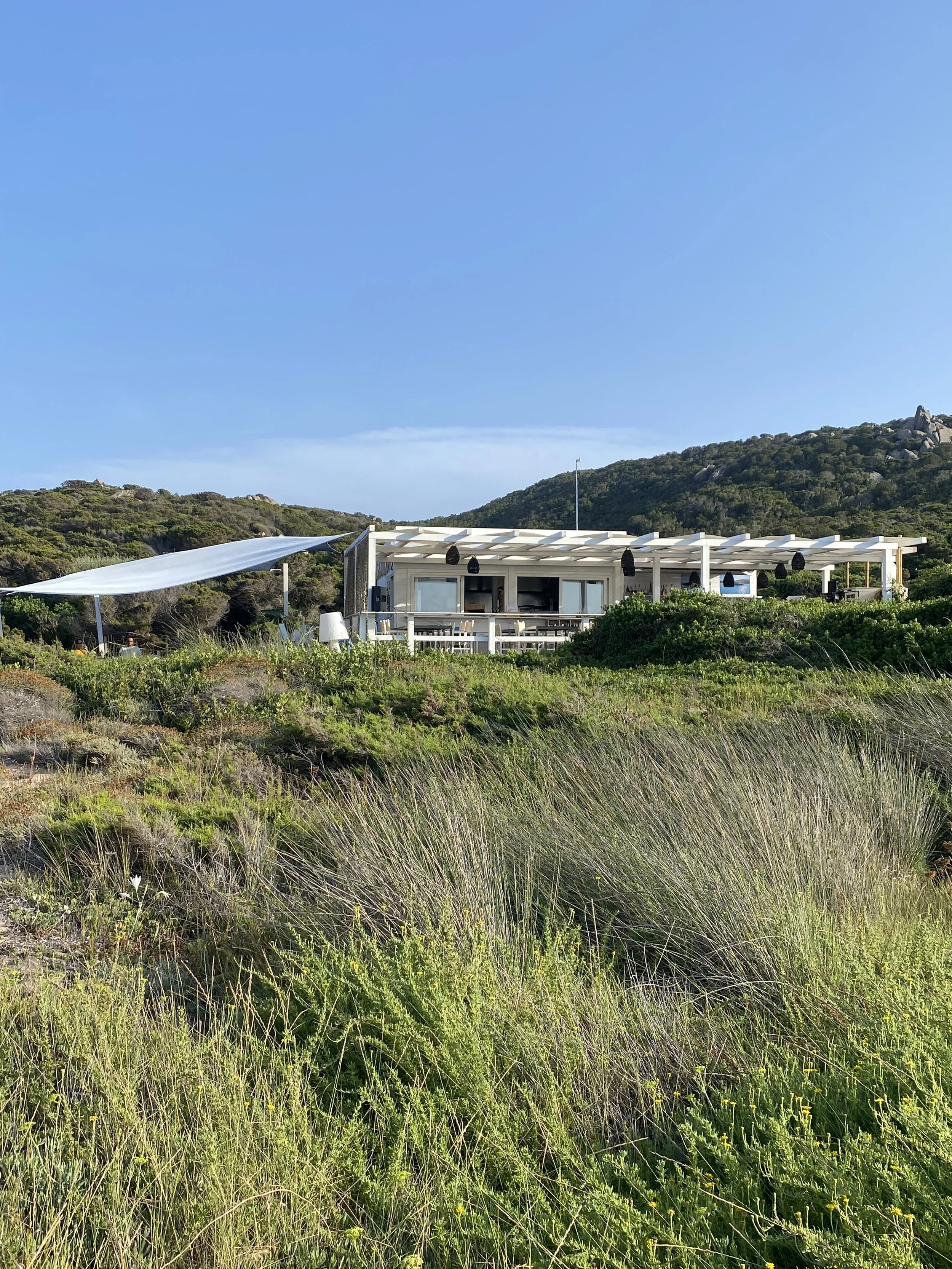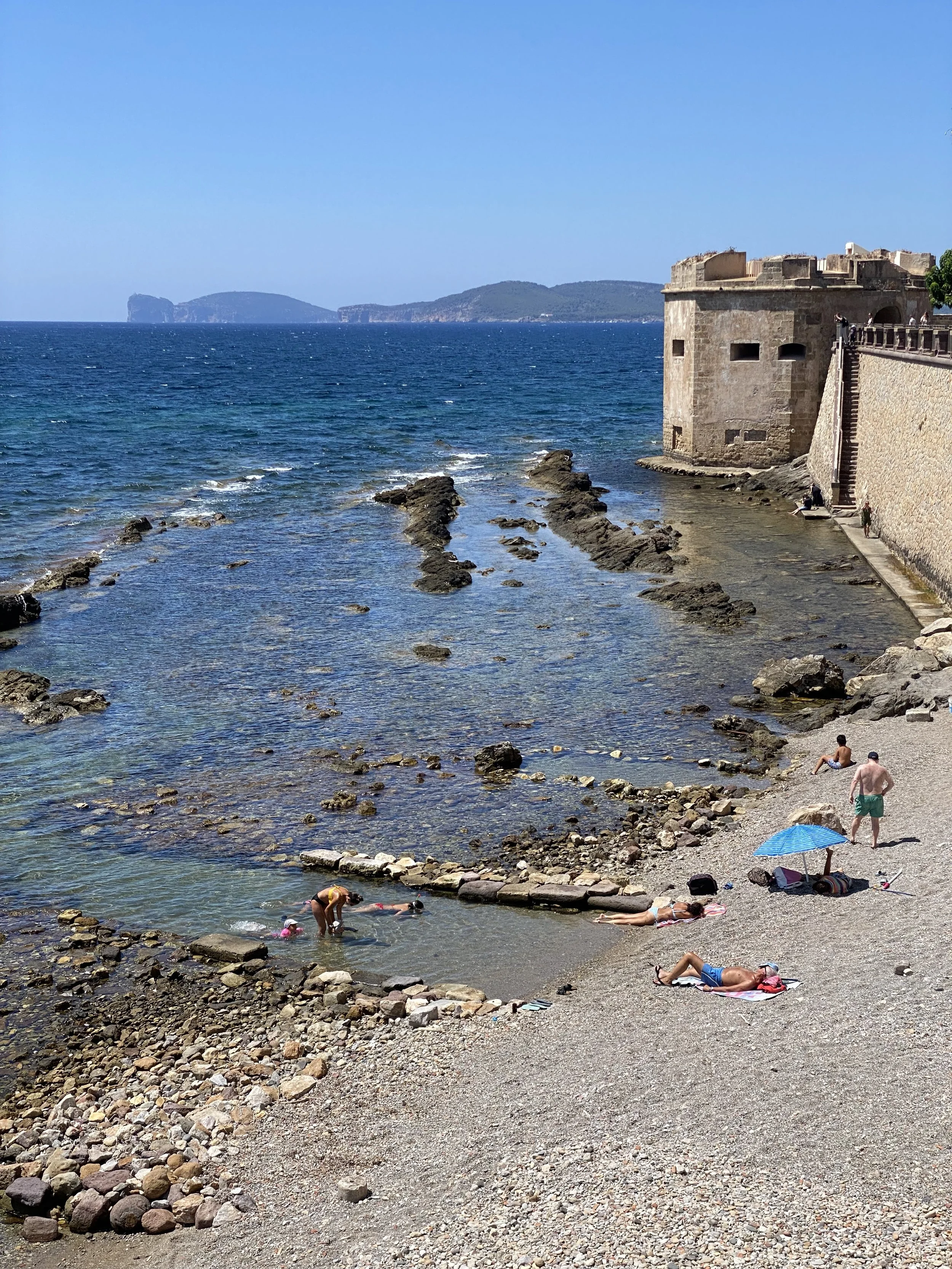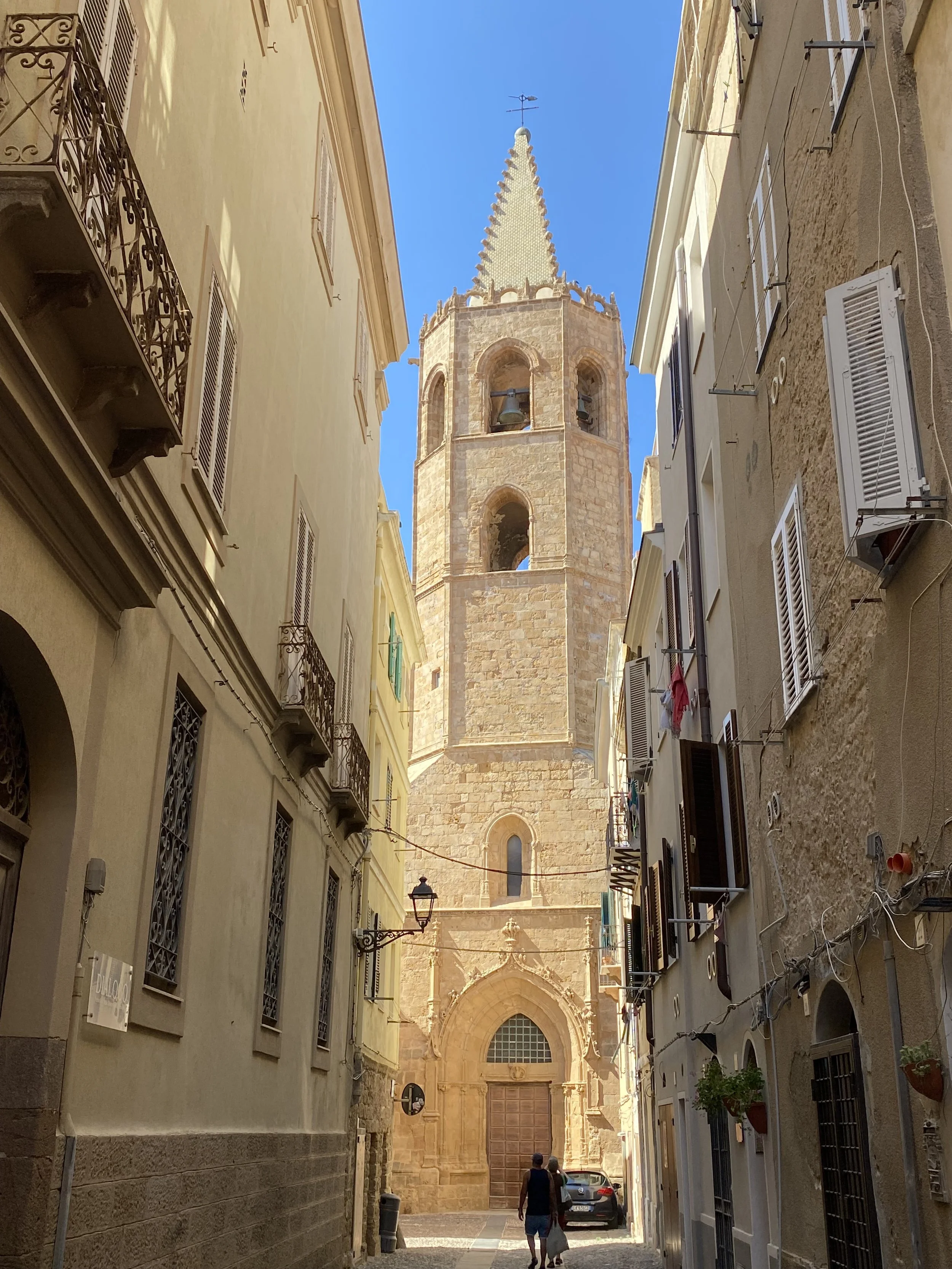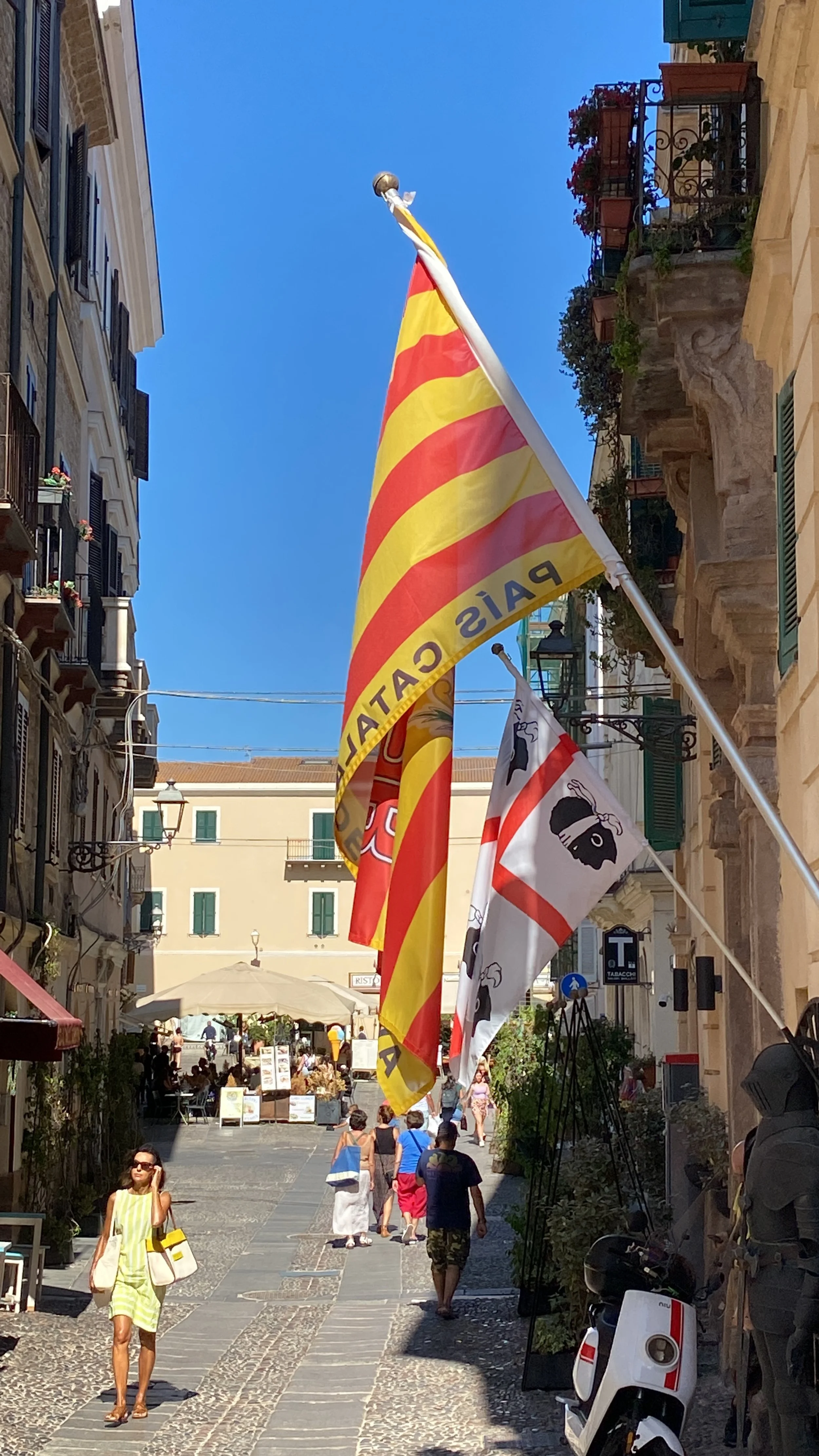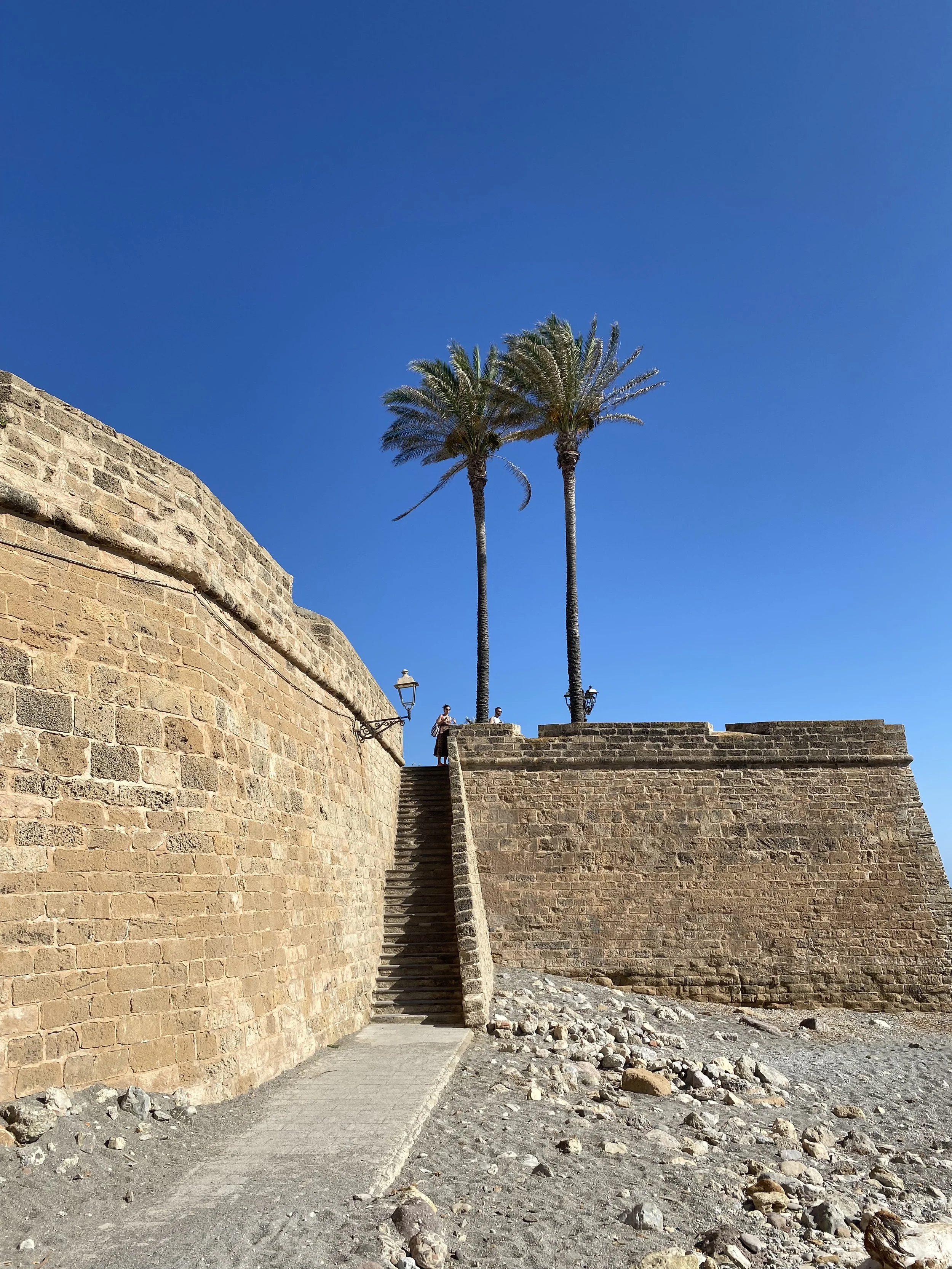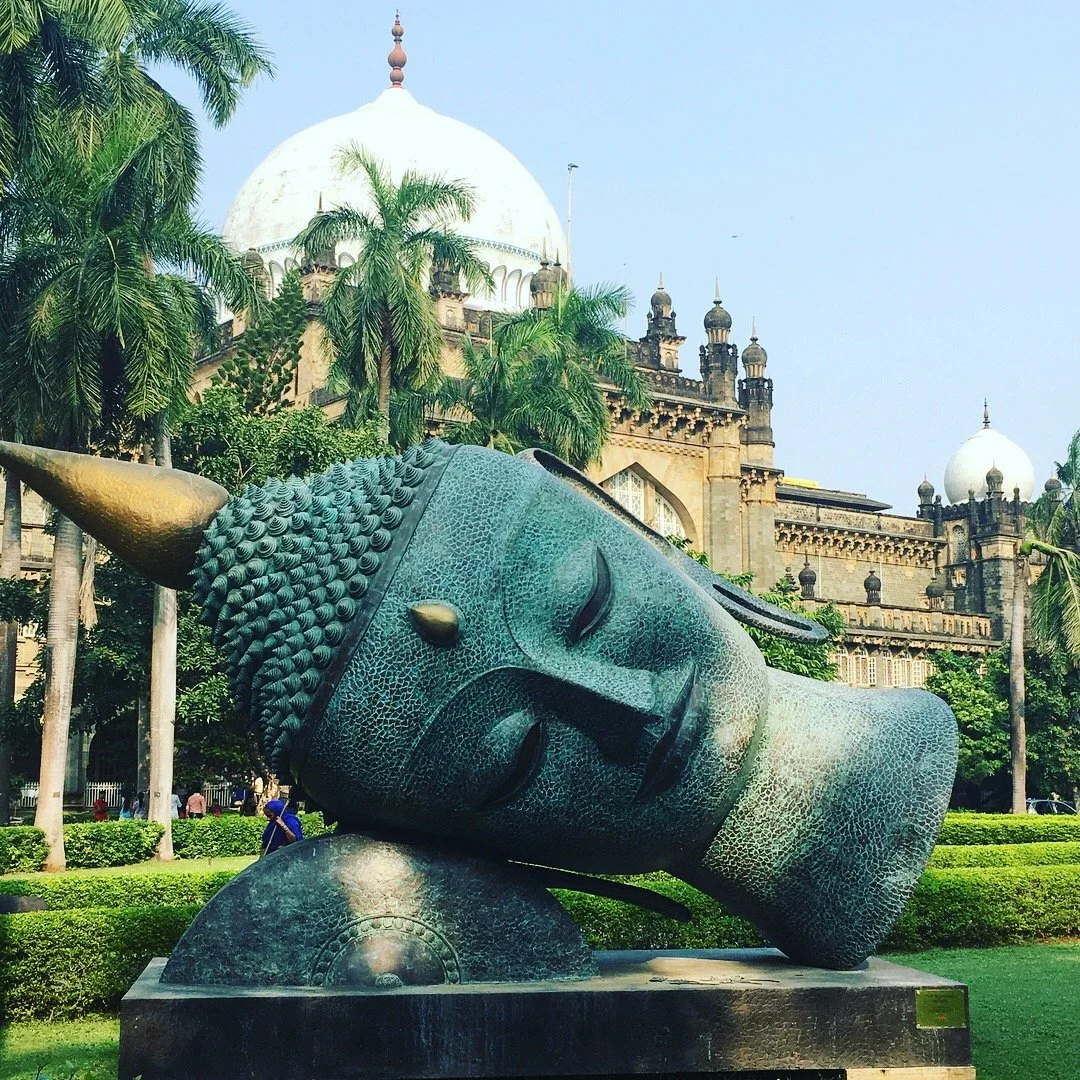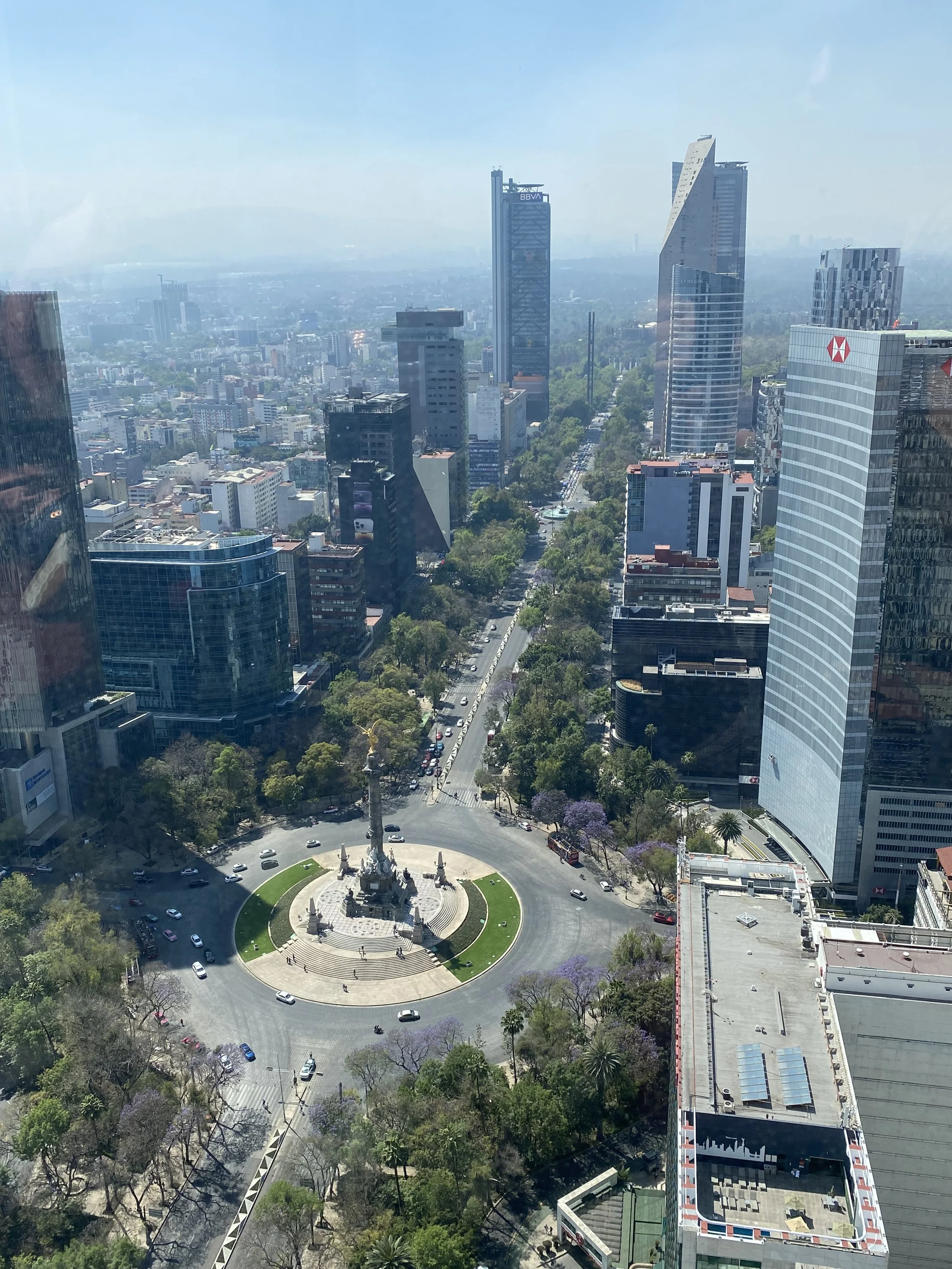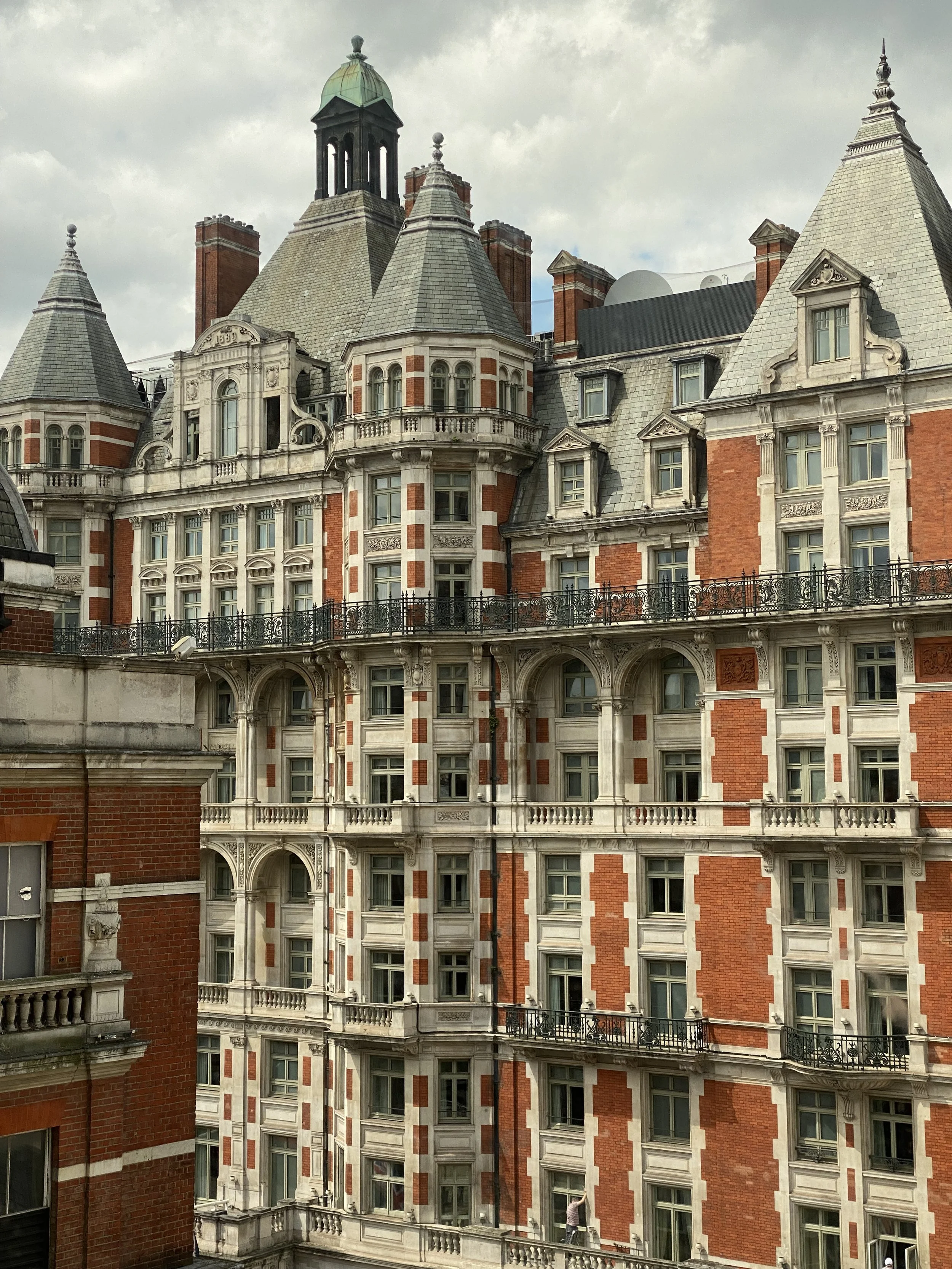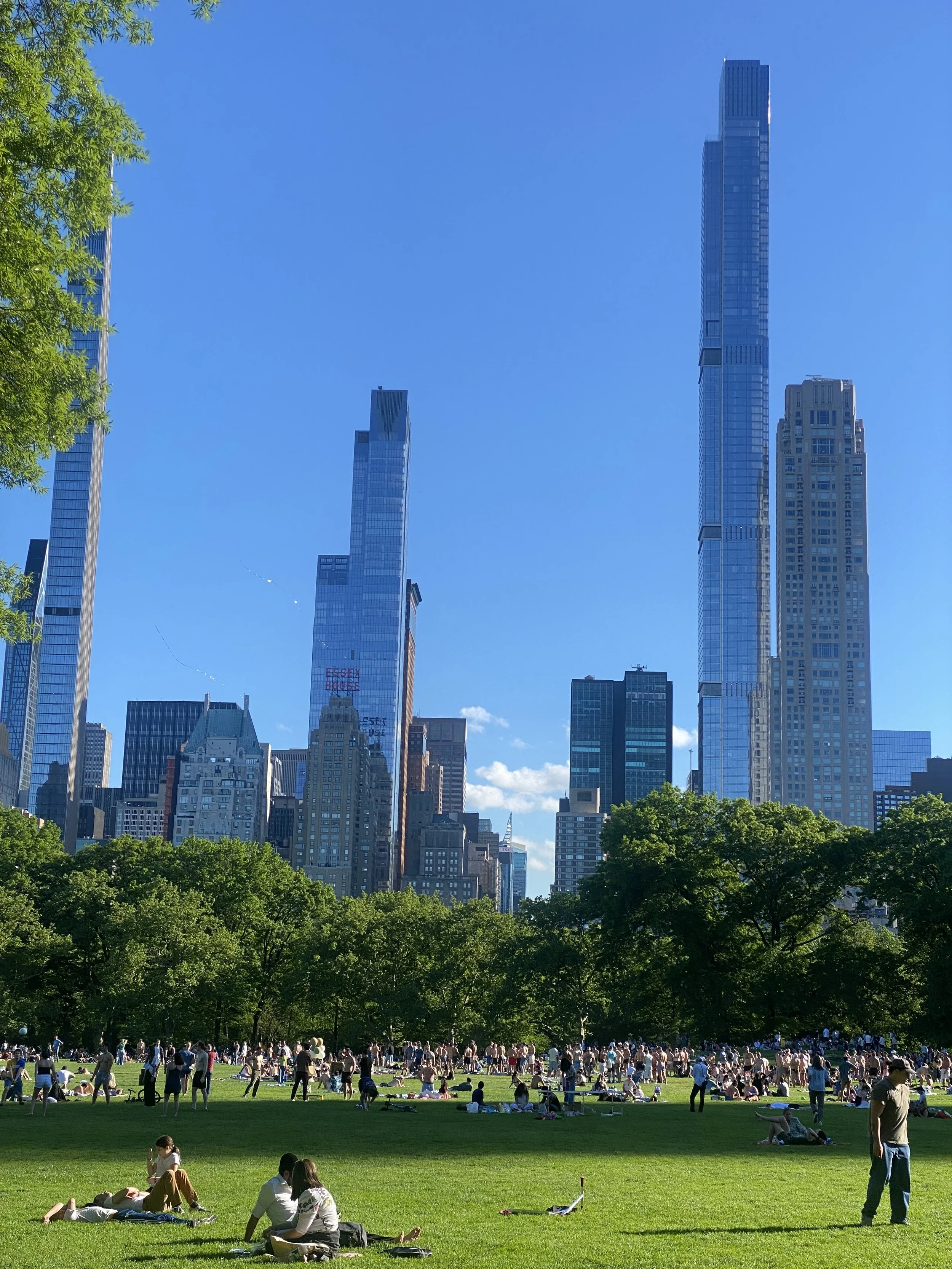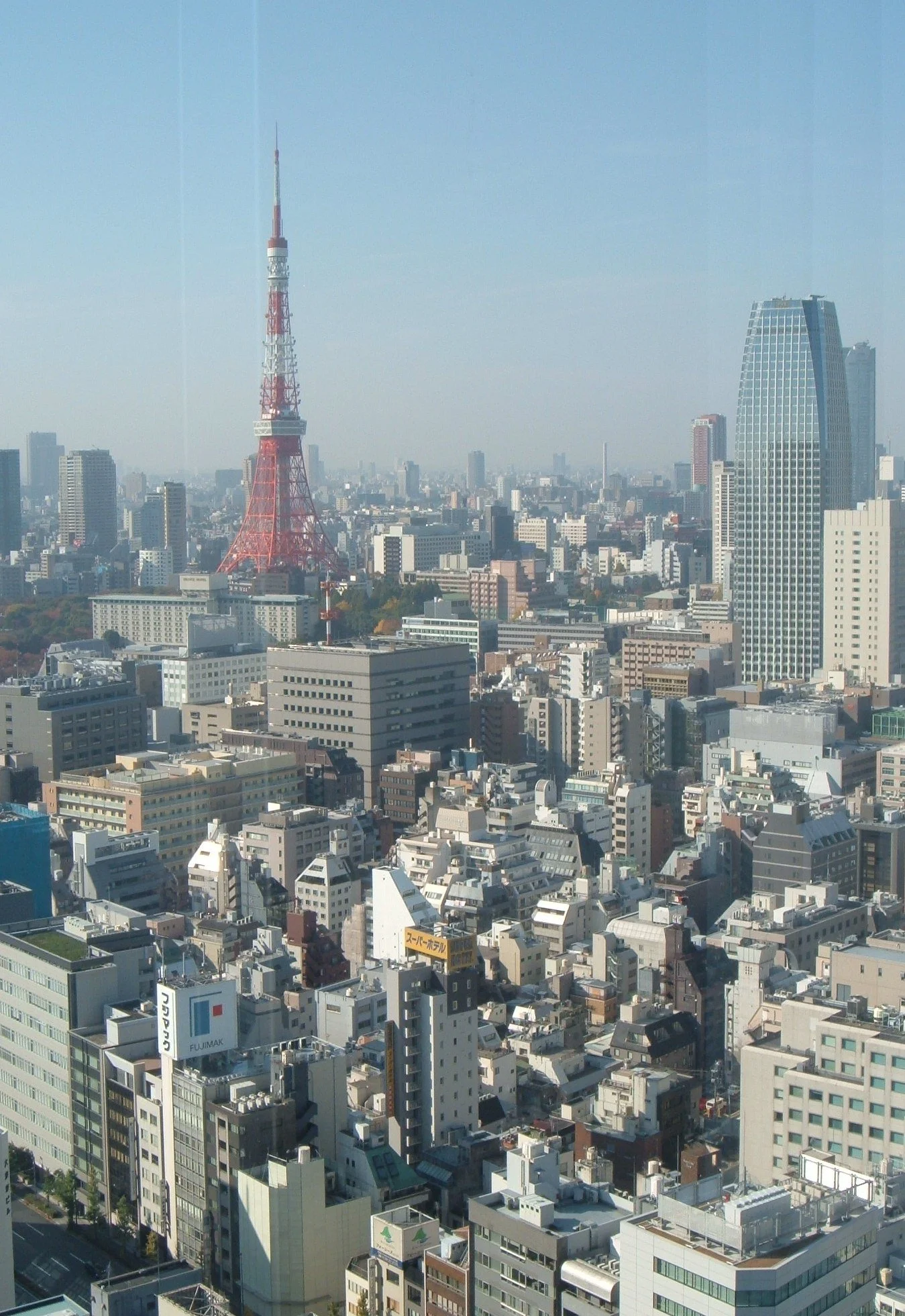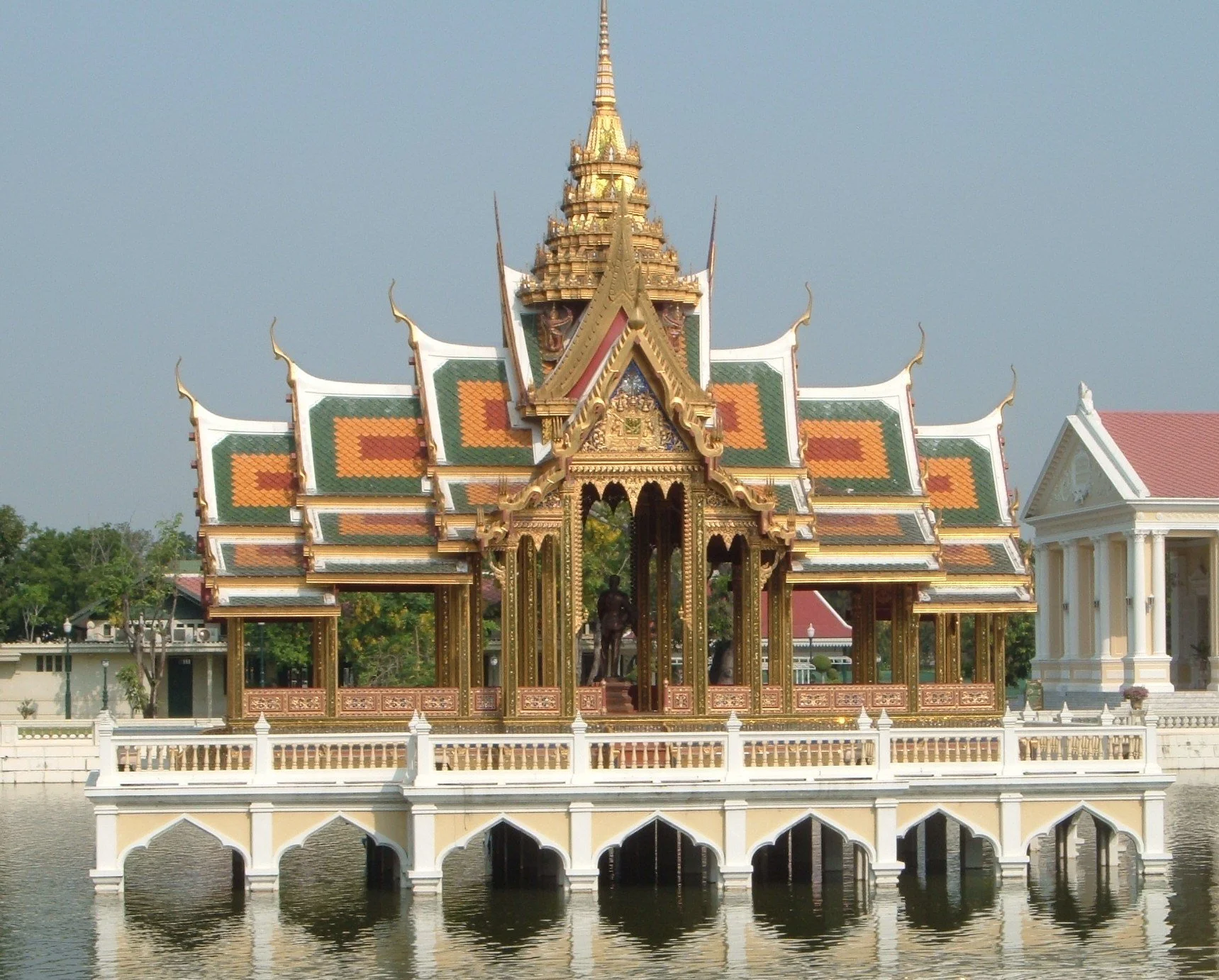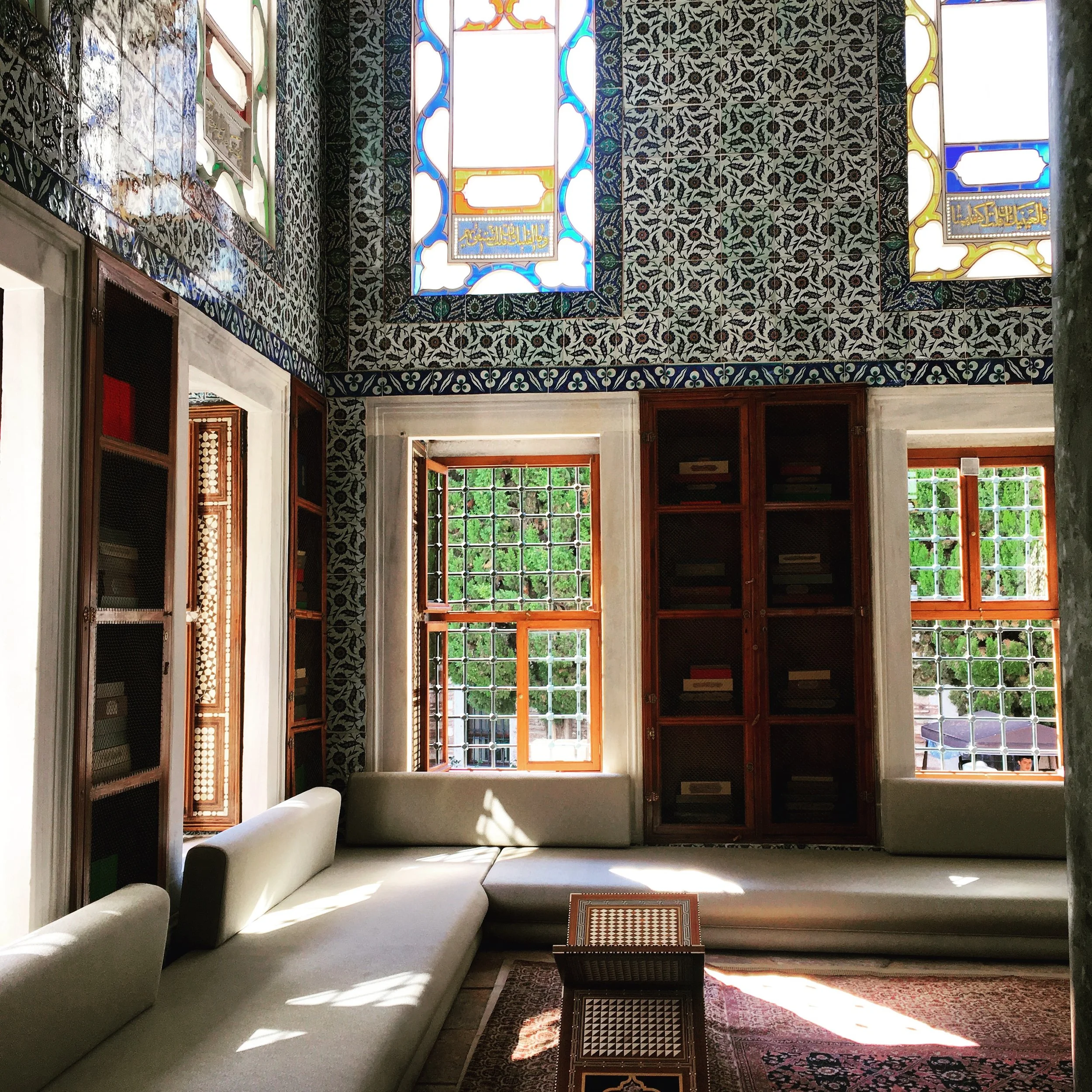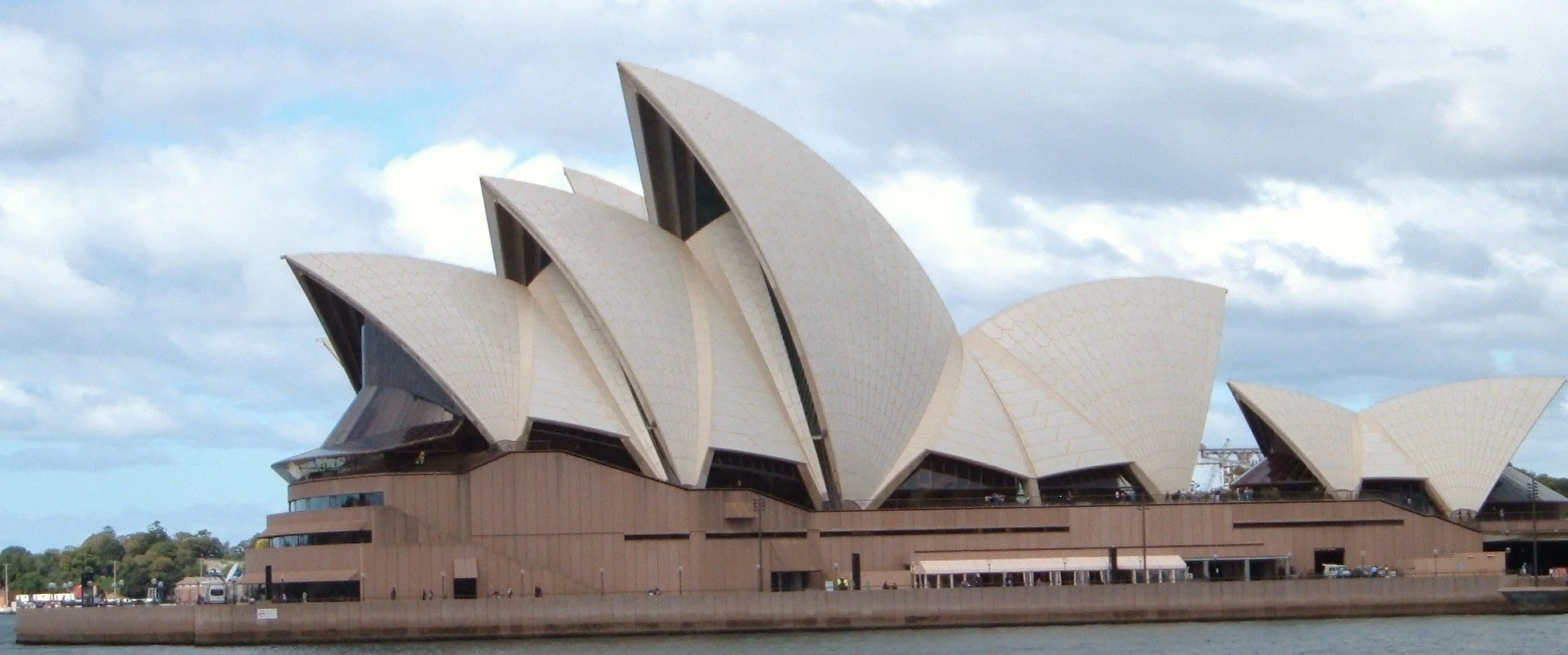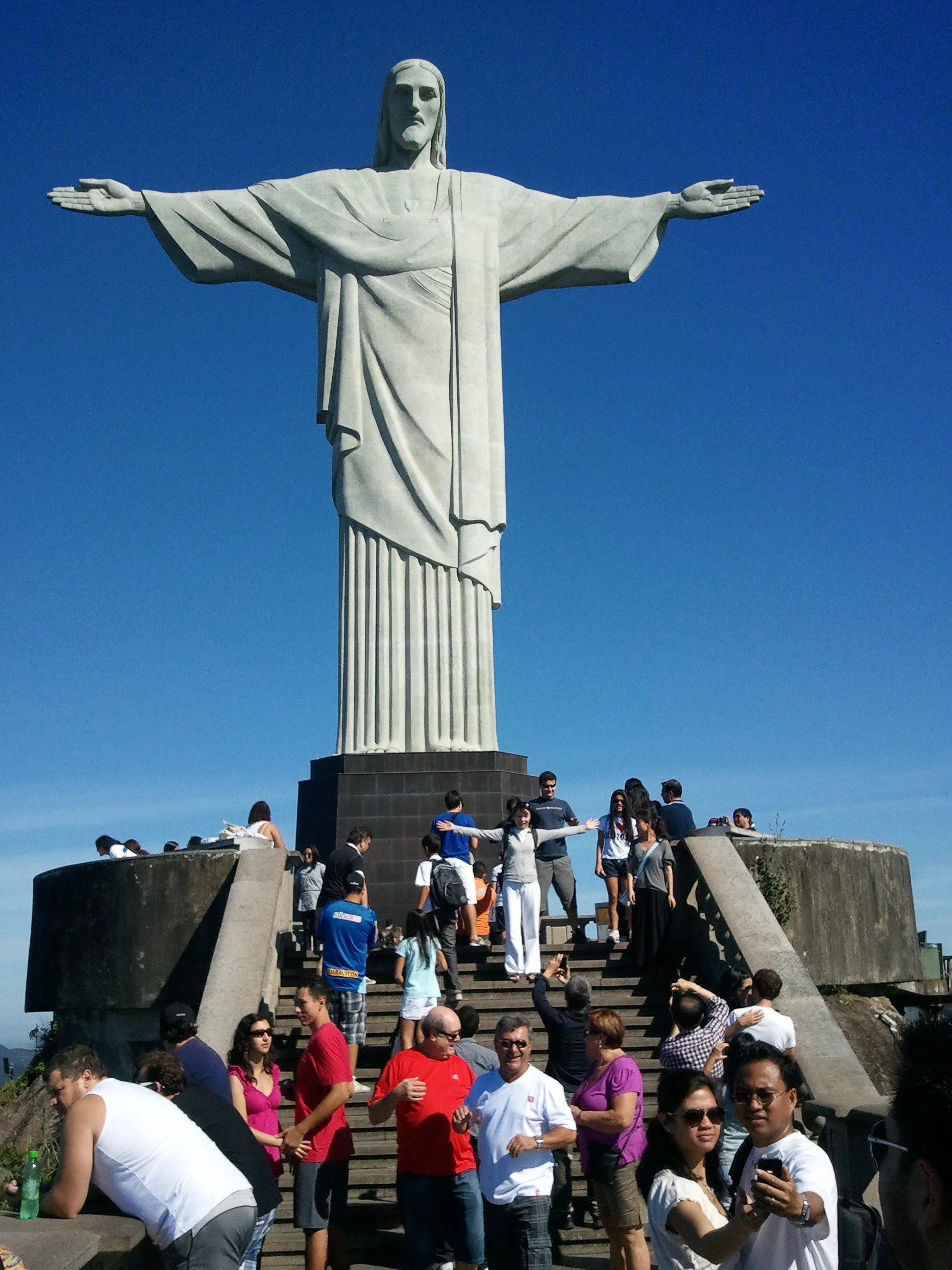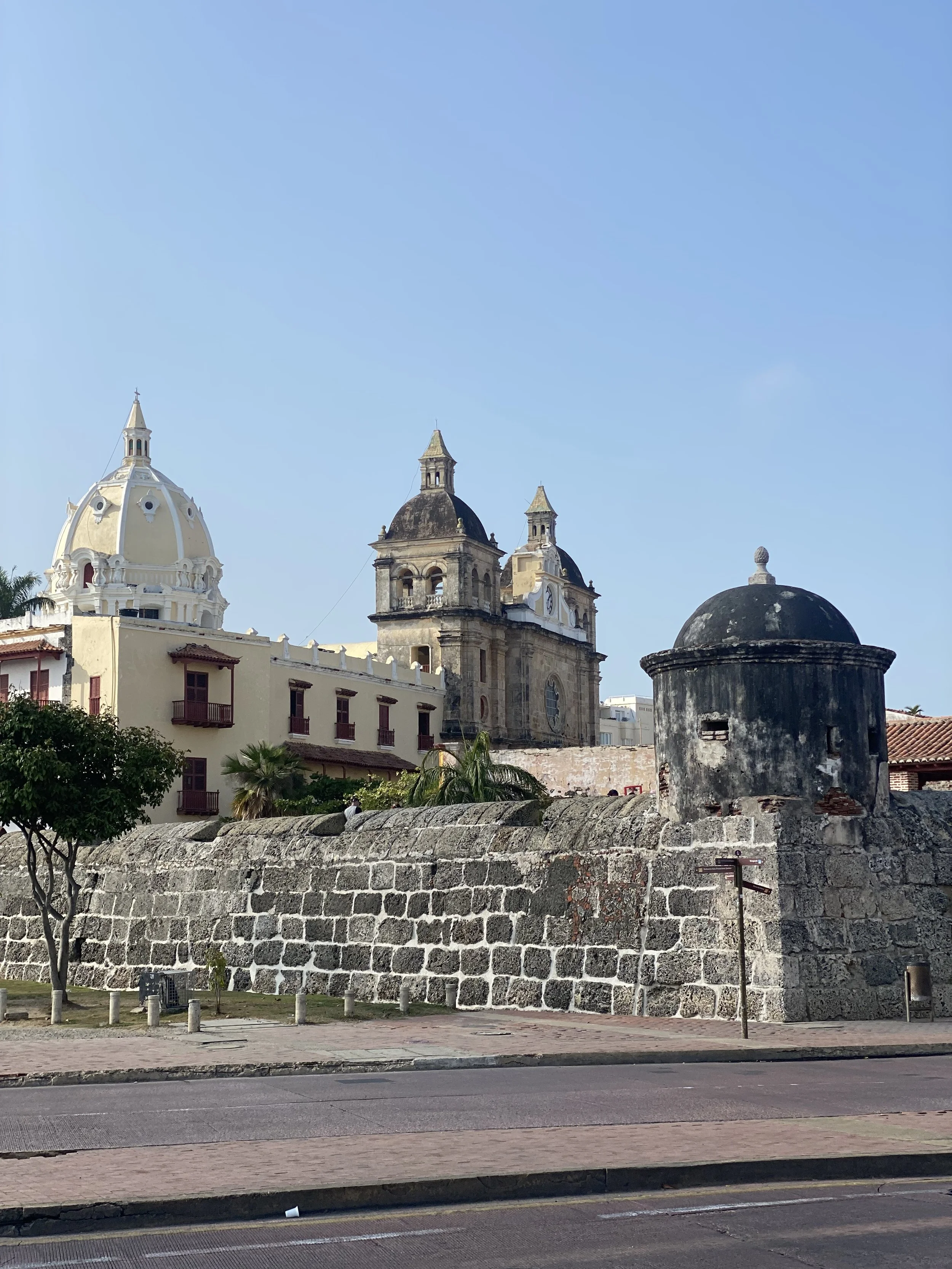Romania: Exploring Bucharest, Walachia, Transylvania, and the Stunning Castles of Sinaia and Bran.
This is Romania - a Southeastern European state encircled by countries such as Bulgaria, Serbia, Moldova, Hungary, and Ukraine, with a sliver straddling the banks of the Black Sea. Its capital and commercial hub is Bucharest with its lively old town boasting medieval orthodox churches, grand, regal, Beaux-Arts architecture, and a thumping nightlife scene.
This is Romania - a Southeastern European state encircled by countries such as Bulgaria, Serbia, Moldova, Hungary, and Ukraine, with a sliver straddling the banks of the Black Sea.
Its capital and commercial hub is Bucharest with its lively old town boasting medieval orthodox churches, grand, regal, Beaux-Arts architecture, and a thumping nightlife scene.
Further up north in the central region is ferry-tale-like Transylvania with its lush carpathian landscape, charming towns such as Brasov, and iconic castles. While there don’t miss infamous Bran Castle made popular by Bram Stoker’s Dracula, and Peles Castle, the one time summer residence of the Royal family, in Sinaia.
For bespoke itineraries to Romania, don’t hesitate to get in touch.
Sardinia, Enchanted Island
Sardinia: A most fascinating and remarkable island. With its rich history, food, nature, stunning beaches, delightful people, etc., Sardinia enchants the visitor. One need only visit with an open mind.
It’s a rather chilly and rainy morning at the end of July in Paris. It’s something I wouldn’t have expected; after all, summer’s in full swing. Mother Nature begs to differ, however. I suppose continued negligence of proper care of our surroundings has its repercussions. I’m wholly unprepared having just landed at Charles de Gaulle (CDG) airport on the overnight from JFK. I’m in a t-shirt and shorts while other Parisians we encounter in the terminal have the benefit of knowing, and are dressed more suitably. Thankfully I’ve just a mere couple hours to bear the frigid temps; I’m here on a brief layover, en route to my final destination, the island of Sardinia.
From North America, as of this accounting, there are no direct flights to the island. A few European gateways, such as Paris, and of course major cities on Italy’s mainland, offer straightforward connections to either Olbia in the north, or Cagliari, its capital, in the south. Today, I’m headed to Cagliari where our journey begins. As aforementioned, it’s its capital, and is also its largest city.
Touch down’s at Cagliari Elmas Airport (CAG), which is roughly a 15 min taxi ride into town. These are easily accessible outside the terminal and are a flat 25 Euros (as of this writing) to most of the central area. Tip: If you happen to be staying within the Marina area, hop on the efficient REG train service to the main train terminal in town. It’s quite fast, roughly 5 mins, and of course at a fraction of the cost.
So, here we are in Cagliari, the jumping off point for our exploration of the island. It’s a vibrant metropolis with a rich history spanning centuries and an enthusiastic people eager to welcome visitors. The charming B&B, Eleventh Fl. Suites run by its proprietress, the delightful Roberta, is where I’ve chosen to spend the next several days as we find our footing here in the south and explore the region before making our way up north. With a population of under 200k and a relatively contained center, it’s quite easily manageable. Getting around on foot is easy (if quite a bit hilly in parts, so be mindful), and most points of interest arevwithin relative close proximity.
Cagliari is significant in Italian history, having once been the seat of the Kingdom of Sardinia-Piedmont, serving as its capital for almost 500 years. Elements of this regal past can still be seen today in the city’s hilltop old quarter which is referred to as the Quartiere Castello (or Castello Quarter). In fact, this is where I’d recommend kicking things off. Ascend to the Castello quarter by taking the steps at the portal of the formidable Bastion Saint Remy (named after Baron San Remy, the first Viceroy of Piedmont). You’re then emptied into a grand open plaza where you can take in impressive almost 360 degree views of greater Cagliari below.
From there, make your way to one of the most important structures in the Castello, within the Piazza Palazzo, the 13th century Cathedral of Santa Maria di Castello, or simply the Cagliari Cathedral. Within the piazza you may also visit the Palazzo Regio, and the modest though impressive Palazzo di Citta. Finally, round out the afternoon by making your way to the nearby 2nd Century Amfiteatro Romano di Cagliari. It’s unique in its construction - parts of it were carved from the hillside where it’s located and the rest of it from limestone. Also, visitors are once again treated to delightful views of the sea from here.
Lots of excursions are possible from Cagliari. Be sure to catch the adorable pink flamingos at Parco Naturale Molentargius Saline, take some time out for some R&R at the pleasurable city beach at Poetto, and further afield, Spiaggia Su Giudeu, plus, experience the ruins at the ancient 8th Century BC city of Nora.
Sardinia, though the second largest island in the Mediterranean, is fairly manageable to explore. Renting a car is highly recommended and is quite straightforward. From Cagliari, we made our way up north to the glitzy Costa Smeralda though making pitstops along the way. Cala Ganone on the island’s east coast is an easy detour en route. Stop by for lunch and a leisure afternoon or, better yet, spend the night should time permit. The waterfront property of Hotel Cala Luna is perfectly situated, offering spectacular views of the sea. From there, the city of Olbia is a relatively short drive away. Here we camped out for our exploration of the northern part of the island. Olbia is easily accessible to Porto Cervo, Palau, La Maddalena, etc., to name a few points of interest. Island hop sailing tours are also possible via multiple tour operators from the town of Palau for instance. This region has a lot of beautiful islands to explore, so make it a point to include on your itinerary. And if you don’t particularly care for a full package tour, then popping over to Palau and taking a ferry (operators run a frequent schedule) to the island of La Maddalena is highly recommended. The journey is smooth and pleasant; plus the island (as with most things in Sardinia) is a stunner.
Switching gears to the west coast, located to the northwest of the island, roughly about a two hour drive from Olbia, is the unique and charming mediaeval city of Alghero. Unique in the sense that due to its geography and historical context (having once been under the Aragonese crown) Catalan is recognized as a minority language and some of its residents still speak it today. The cobblestoned old town, marina, and impressive fortifications of the old fort are sights not to be missed.
Overall, a most fascinating and remarkable island. With its rich history, food, nature, stunning beaches, delightful people, etc., Sardinia enchants the visitor. One need only visit with an open mind.
For bespoke itineraries to Sardinia, do not hesitate to get in touch. We’re happy to help.
Some of Our Favorites: Large Cities
Some of our favorite large cities across the globe.
Inside the Louvre Pyramid, Paris.
Here at The Flying Gazelle we’re fond of small towns, quaint villages, and fun beach holidays, but we’re also fond of bustling metropolises as well. In fact we’ve had some very memorable experiences exploring some truly impressive megalopolises across the globe.
In our new series, Some of Our Favorites, we highlight places we’ve been that have and continue to leave an indelible mark.
Today we’re talking large cities and featured, in no particular order, we present Some of Our Favorites:
Paris, France.
Mumbai, India.
Mexico City, Mexico.
London, UK.
New York, U.S.
Tokyo, Japan.
Bangkok, Thailand.
Sydney, Australia.
Istanbul, Turkey.
Rio de Janeiro, Brazil.
From Franklin, NY. A Brief Memo.
The historic town of Franklin, NY, featuring beautiful architecture as featured in the mid-nineteenth century post office on Main St.
An afternoon stroll along Main St. in the charming town of Franklin, NY. affords guests the ability to indulge in all manner of leisure activities. The Greek Revival architecture dotting the area is a sight to behold (pictured: the mid-nineteenth century post office), likewise antique shopping for some retail therapy (make it a point to visit Kabinett & Kammer), art exhibits, and of course a pause for some delicious eats - check out the inspired offerings at, at The Tulip & The Rose.
For recommendations on the perfect upstate NY getaway, do not hesitate to get in touch.
Down By The Brighton & Hove Seaside
The charming seaside resort town of Brighton - or more aptly, Brighton and Hove, having expanded to incorporate the nearby Hove into the larger area in the late ‘90s, sits just outside London, at around 50 miles or so. Read on for more.
The charming seaside resort town of Brighton - or more aptly, Brighton and Hove, having expanded to incorporate the nearby Hove into the larger area in the late ‘90s, sits just outside London at around 50 or so miles south. It’s an easy day trip via reliable rail services or, better yet, pack the suitcase, head down, and stay a while.
Accommodations are plentiful offering a good variety and at decent price ranges. Several line the main promenade along Kings Road, on the seafront, offering spectacular views of the (English) Channel. The iconic The Grand Brighton maintains a rich history having opened its doors in the mid-nineteenth century, and played host to many dignitaries over the centuries. Architectural elements such as the exposed grand staircase with the flush of light via the domed skylight, especially from the vantage point of higher floors, is really quite beautiful.
Enjoy a casual stroll along the promenade or pop by one of the many eateries for some fish and chips (certainly don’t miss an opportunity to sample local fruits of the sea here - being on the coast, it isn’t surprising that the catch oftentimes is quite fresh).
Carrying on, If you’re a thrill seeker then you wouldn’t need to venture too far to get an adrenalin fix. Soar to more than 500 ft. high above the city and sea, on the Brighton i360, just mere steps away.
Back on ground, make your way to the charming corridor, the Lanes, where you’ll find lots cafes, shops, restaurants, etc. It’s easy to spend a bit of time here - I returned multiple times for some very tasty meals. And finally, just off the Lanes, checkout the unique looking Royal Pavilion built for King George IV - you can’t miss the distinctive architectural style once you’re in the area. Within the same grounds you may also visit the Brighton Museum and Art Gallery.
Overall quite charming and very easily accessible from London, so make it a stop on your visit to the area.
For assistance planning bespoke trips to the UK or other destinations, do not hesitate to get in touch. We’re happy to be of service.
Enjoying the afternoon at New Steine Gardens
Seductive Sicily
Quattro Canti or Piazza Vigliena - A Baroque square in Palermo, Sicily.
Rounding out our Mediterranean island feature series, we’ve saved, in my opinion, the best for last. The largest of the islands and I would say, the jewel of the Mediterranean, Sicily.
Sicily certainly has a certain kind of allure. An island steeped in centuries of history, its cultural tapestry is rich, owing to various influences across the region - the Greeks, Romans, Normans, Arabs; the list carries on. This amalgamation of influences creates a beautiful harmony in its existence today.
Just off the Strait of Messina, the island lies to the west of southern Italy’s boot - its toe to be more precise, while the vibrant cities of Taormina, Catania, Siracusa, etc. (destinations not to be missed), straddle the deep blues of the Ionian. Further up to the northwest, sits its capital and commercial hub, Palermo, a bustling metropolis with plenty of reminders and nods to its regal past (do plan to check out some of its well kept palazzos), and further afield charming towns such as Cefalu, Trapani and Erice, all hugging the Tyrrhenian.
Your options are almost boundless here. There’s so much to see and do - you’ll need multiple trips. It’s a place I’ve visited a number of times and still yet to cover it all. As one might expect, you’ll eat (and drink) very well here. Naturally, given its island status, all manner of seafood feature as star of the cuisine though myriad other choices are present as well. The local wines are also a treat; there’s something for just about every palate.
Having visited the island a number of times (even pre-the White Lotus craze - all in good jest), we’ve covered a good swath. For bespoke itineraries to Sicily, please do not hesitate to contact us.
Charming Cartagena
The vibrant city of Cartagena, Colombia.
Rimming the northwestern coast of the South American continent, and straddling the Caribbean Sea, Cartagena, for centuries, served as a key export trading post. Visitors will immediately notice evidence of this in the well preserved San Felipe de Barajas Fort and the impressive barriers of the walls encircling the old town.
The populace are warm and inviting, the food, with heavy Afro-Caribbean influences simply mouthwatering (it’s truly hard to have a terrible meal here), the barrios fascinating, particularly the bohemian and Afrocentric neighborhood of Getsemaní, and the further afield Rosario islands a beach lovers paradise (though fair warning beware of the sometimes turbulent seas!)
It’s been a trip in the making for many years. Glad to have finally checked it out. I look forward to visiting again. Make it a destination or certainly add as a pitstop on a Colombian/South American trip. For tips or help planning your upcoming getaway, do get in touch; be happy to assist.


